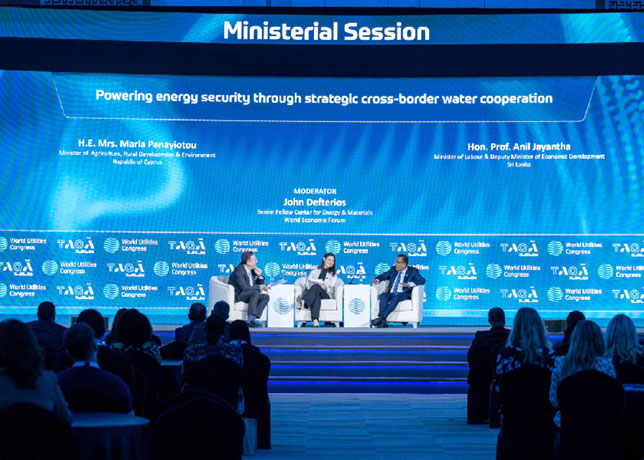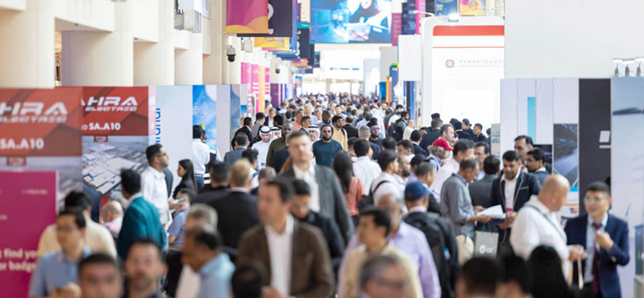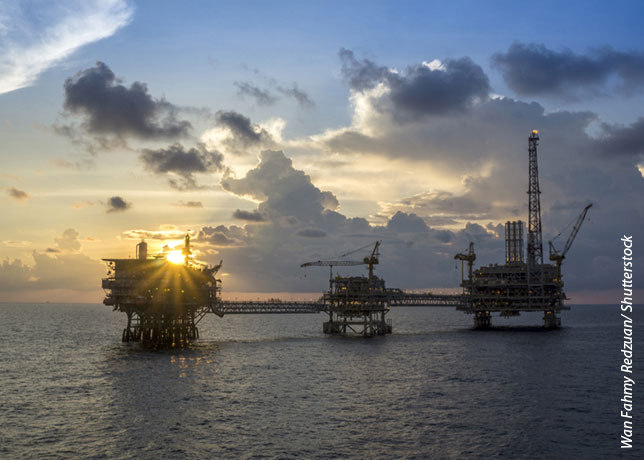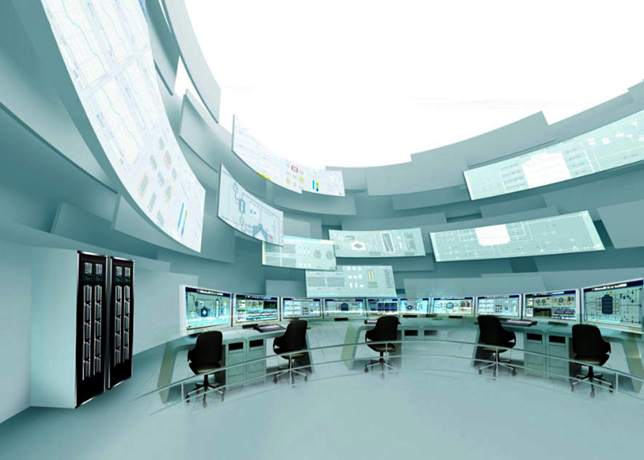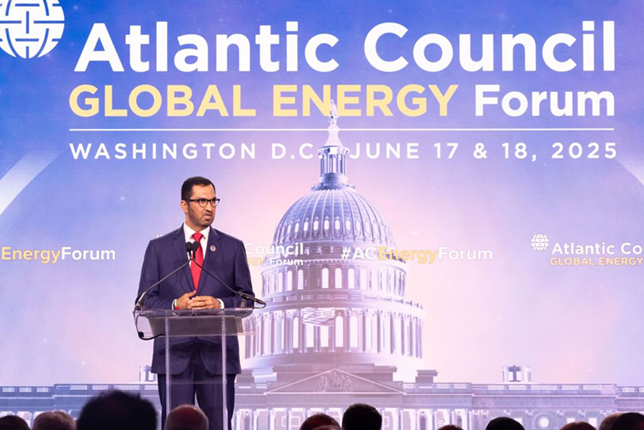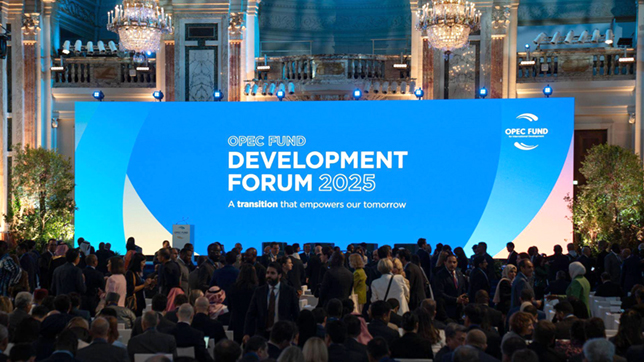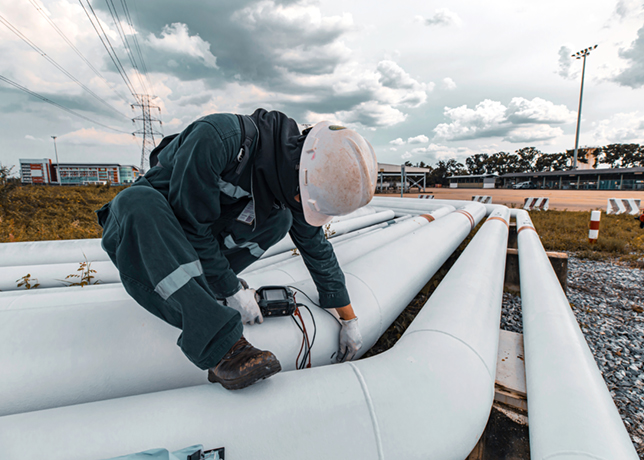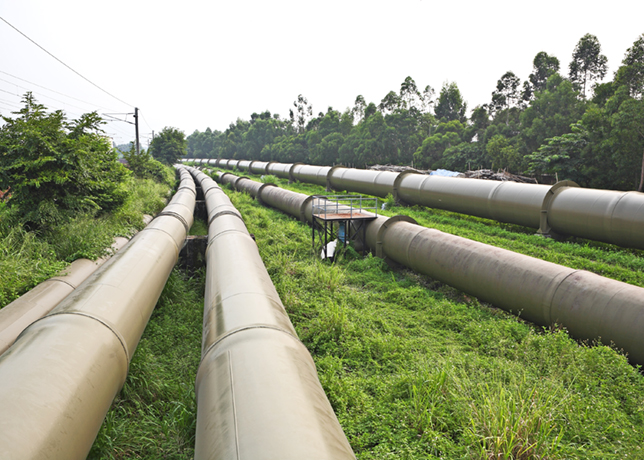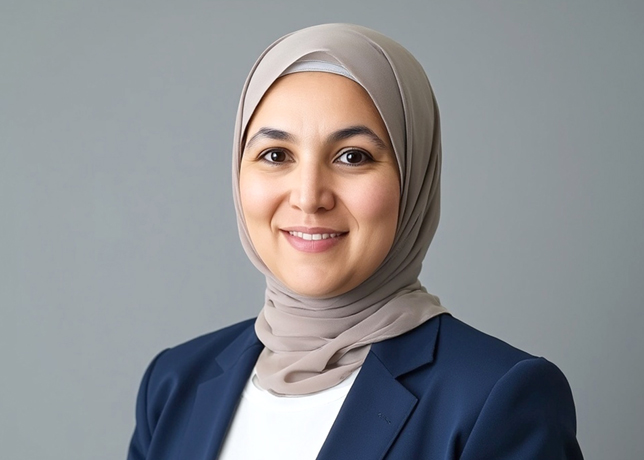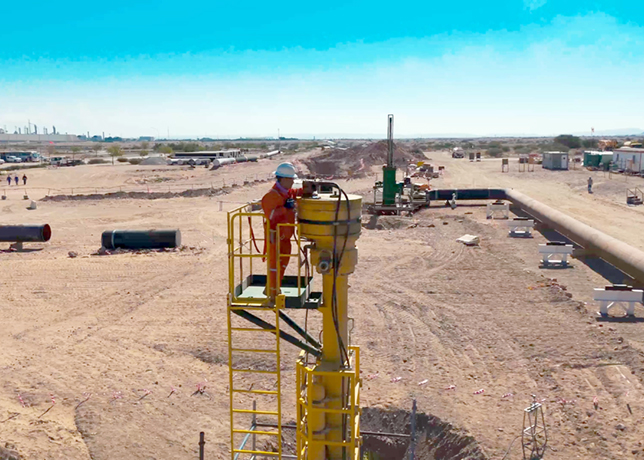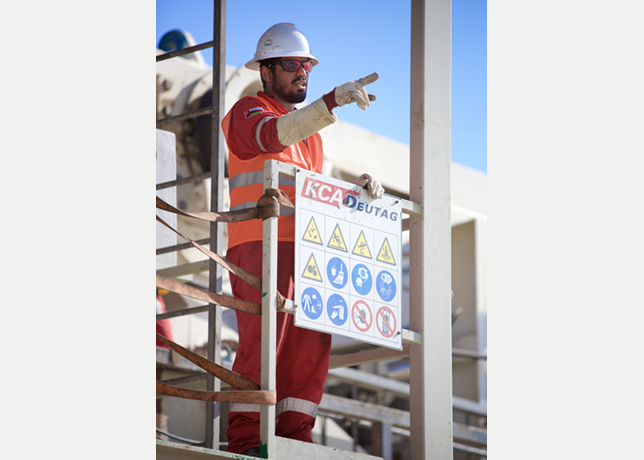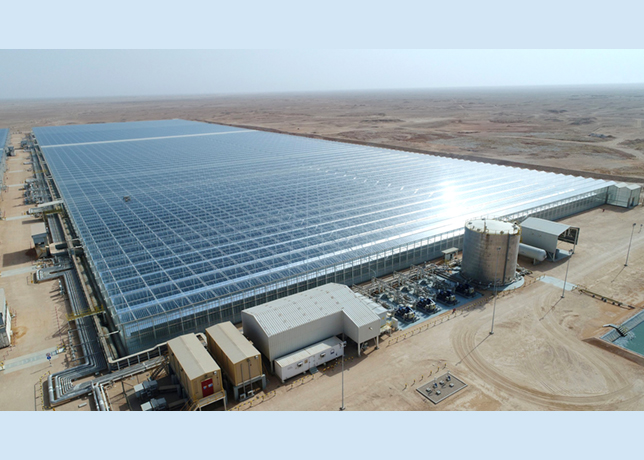

The government of Abu Dhabi will make use of its energy resources to diversify into heavy industry, according to Sheikh Hamed bin Zayed Al Nahyan, chairman of the Abu Dhabi Economy and Planning Department.
Sheikh Hamed said, "We are interested in developing heavy industry, like aluminium, steel, petrochemicals, and related industries like automobiles. These industries are now being closed down in the US and Europe due to the high cost of production, but the international market clearly needs these products.''
According to Sheikh Hamed, the Middle East can play a better role in these industries because of its position midway between world markets, its low-cost energy and its tax-free environment.
Within 1,000 km of the UAE, there is a market of almost 1.5 billion people, which can easily be reached by land, sea or air, he noted.
During 2006, he said, the Government of Abu Dhabi will continue to promote the diversification of the economy, privatisation and the building of a strong relationship with the private sector.
''Diversification from oil revenue is a challenge we have been facing for decades, but, at this time, I believe the odds are stacked in our favour.
"Our main advantages, energy and capital, are going to make us highly competitive in industry, just as many industries are closing down in Europe and the US because of the high costs of production,'' he said.
"The people are now ready for privatisation. In Europe, the US and the Far East, our people already excel in real estate investment, capital investment and financial investment. They can do the same here."
The focus on privatisation has several objectives, he added.
''Privatisation is seen as a vehicle for wealth distribution and for providing economic opportunities for the people, but we also believe in specialisation. In the private sector, they call it outsourcing."
When companies outsource services, such as information technology or accounting, he noted, it allows them to focus on their core business, to increase efficiency and reduce costs.
"We want to do this in the government and privatise all the services and industries that are not the core business of government."
Sheikh Hamed went on to note, however, that privatisation did not mean that the Government was going to sell off all of its stakes in local industry.
''When we are talking about strategic industries, there is some justification for the government retaining a certain share in them. Oil and gas, power and water, and some banks are considered strategic. When it comes to basic commodities and services, I see no reason for the government to have any stake in such companies in the long term. Even so, we do not want to privatise too quickly, as we then run the risk of hindering performance.
''We have seen privatisation schemes in many countries that have not worked, and their governments have been accused of doing something that was wrong for the people. This has happened in Egypt, in Eastern Europe, in Russia's oil sector, even in the UK's transport sector,'' he said.
The Economy and Planning Department chairman suggested that there was no significant risk in pursuing a policy of rapid industrial expansion at a time when other countries were seeking to follow the same path.
''I do not see any risk. The industrial expansion in this region is bringing an alternative source of cheaper raw materials to the international market.
"We will be the saviours of these failing industries. In fact, we would be failing in our duty to the international market if we did not produce these raw materials competitively to meet global demand."
Much industry, he noted, was no longer competitive in Europe and the United States, because of high taxation and the high costs of raw materials and of labour. Britain, he pointed out, has recently lost its last major automobile manufacturer because of high costs.
Car manufacturing is not an industry that will disappear, however, he noted. ''This industry will not die. It must simply go somewhere else. We want to attract those same investors (who have been) affected by competition. With a stable economic and political environment, lower production costs and a strategic position between major markets, there is no better place for this kind of investment than the UAE and the rest of the Gulf Cooperation Council (GCC),'' he said.
Asked why the UAE had thus far attracted only relatively low levels of foreign direct investment, FDI, despite its competitive advantages, Sheikh Hamed noted that '' We would like to attract more foreign investment, and yet we are capital exporters as well as capital importers.
"First we have to convince our own people to bring their capital back and invest in their own country. I think this has been happening in the UAE and the whole GCC in the last two years. Once we have succeeded in attracting our own people's investment, it will be more convincing for FDI.
"Meanwhile, the government is examining issues of foreign ownership of companies and land, and I think new laws will be drafted soon that will make the UAE more attractive for foreign investment."
He went to say that current discussions on a free trade agreement, FTA, with the United States, as well as other FTAs with the European Union and Australia would provide benefits in terms of making the UAE an attractive destination for investment.
''Once we have successfully finished this FTA with the US, we should promote ourselves there and encourage US industries to use the UAE as a manufacturing hub with access to Central Asia, Eastern Europe, Western markets, Africa and all of the Middle East.
''The message is very simple - Abu Dhabi is open for business. The UAE has clear advantages for investors, including low costs, low taxation and good access to world markets.
"We are entering a new era of co-operation between government, the private sector and foreign partners.
"The government, he said, is committed to improving laws and regulations to facilitate business and investment. Those that do not try to invest now should at least watch Abu Dhabi and the UAE over the next five years to see what we mean by economic growth.
Asked if there was any co-ordination with other GCC states to press ahead with plans for the expansion of the industrial sector, Sheikh Hamed said that it was more a question of competition than of dialogue.
"There are big opportunities, so everybody is competing to attract the maximum number of diversified industries, services and investments. This competition is healthy. It will teach us to create better economies, encourage us to reduce regulations to attract more businesses and ultimately lead to diversification. ''I think globalisation has been a great boon to us and given us a great opportunity. It used to be more feasible to locate your factory in the market, but today it is more competitive to locate yourself where it is cheaper to produce.
"There are fewer barriers, so market access is no longer a problem. The winners are those who jump quickly into low-cost production zones."
Finally, Sheikh Hamed noted that, within the UAE, the process of development being undertaken by the various emirates was complementary, rather than being in competition.
"We are trying to do something different than Dubai, but we will complement each other's development. Dubai has concentrated on real estate, trade and logistics, but we will use our energy resources to develop industry.
"People tend to see any similarities between Abu Dhabi's activities and those in Dubai, Sharjah and the smaller emirates as duplication, but it is not. If it is competition, it has been good for the UAE.
"Each emirate creates its own laws and regulations to attract investment. This economic flexibility, unique in the Middle East, is the secret to the country's success. It is even strengthening the political union, by encouraging economic growth and increasing our competitive advantage in the region."










